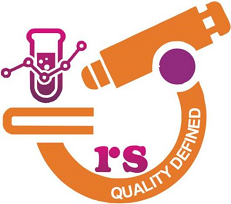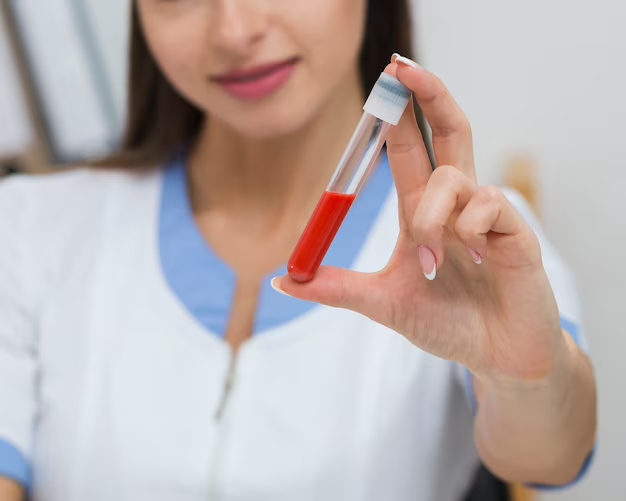Phone : +918147282686
BLOOD TESTS IN YELAHANKA
We at R S Diagnostic centre priortise your health and well-being and ensure of a quick and prompt diagnostic service.
Call Us 8147282686 to avail the best services
Blood tests are laboratory tests performed on a blood sample usually drawn from a vein in the arm using a needle. These tests are used to assess various aspects of a person’s health, including:
1. Complete Blood Count (CBC):
This test measures the number of red blood cells, white blood cells, and platelets in the blood. It can help diagnose conditions such as anemia, infections, and blood clotting disorders.
2. Basic Metabolic Panel (BMP):
This panel typically includes tests for glucose, electrolytes (such as sodium, potassium, and chloride), and kidney function (such as blood urea nitrogen and creatinine). It provides information about the body’s fluid balance, kidney function, and blood sugar levels.
3. Comprehensive Metabolic Panel (CMP):
This panel includes the tests in the BMP plus additional tests such as liver function tests (like ALT, AST, and bilirubin) and total protein levels. It provides a more comprehensive assessment of overall health and organ function.
4. Lipid Panel:
This panel measures cholesterol levels, including total cholesterol, LDL (bad) cholesterol, HDL (good) cholesterol, and triglycerides. It helps assess the risk of heart disease and stroke.
5. Thyroid Function Tests:
These tests measure levels of thyroid hormones (TSH, T3, and T4) and can help diagnose thyroid disorders such as hypothyroidism and hyperthyroidism.
6. Coagulation Studies:
These tests assess the blood’s ability to clot properly and include tests such as prothrombin time (PT), activated partial thromboplastin time (aPTT), and international normalized ratio (INR). They are used to monitor anticoagulant therapy and diagnose bleeding disorders.
7. Blood Chemistry Tests:
These tests measure levels of specific substances in the blood, such as enzymes, hormones, and proteins, to evaluate organ function and diagnose various conditions.
Blood tests are commonly used for routine health screenings, diagnosing medical conditions, monitoring treatment effectiveness, and assessing overall health status. Results are usually interpreted by healthcare professionals in conjunction with other clinical information to make informed decisions about diagnosis and treatment.
Tag
COMPLETE BLOOD COUNT TEST IN YELAHANKABLOOD TESTS IN YELAHANKABLOOD TEST NEAR MEEnquiry
Get in touch
R S DIAGNOSTIC CENTRE.All Rights Reserved © 2026








